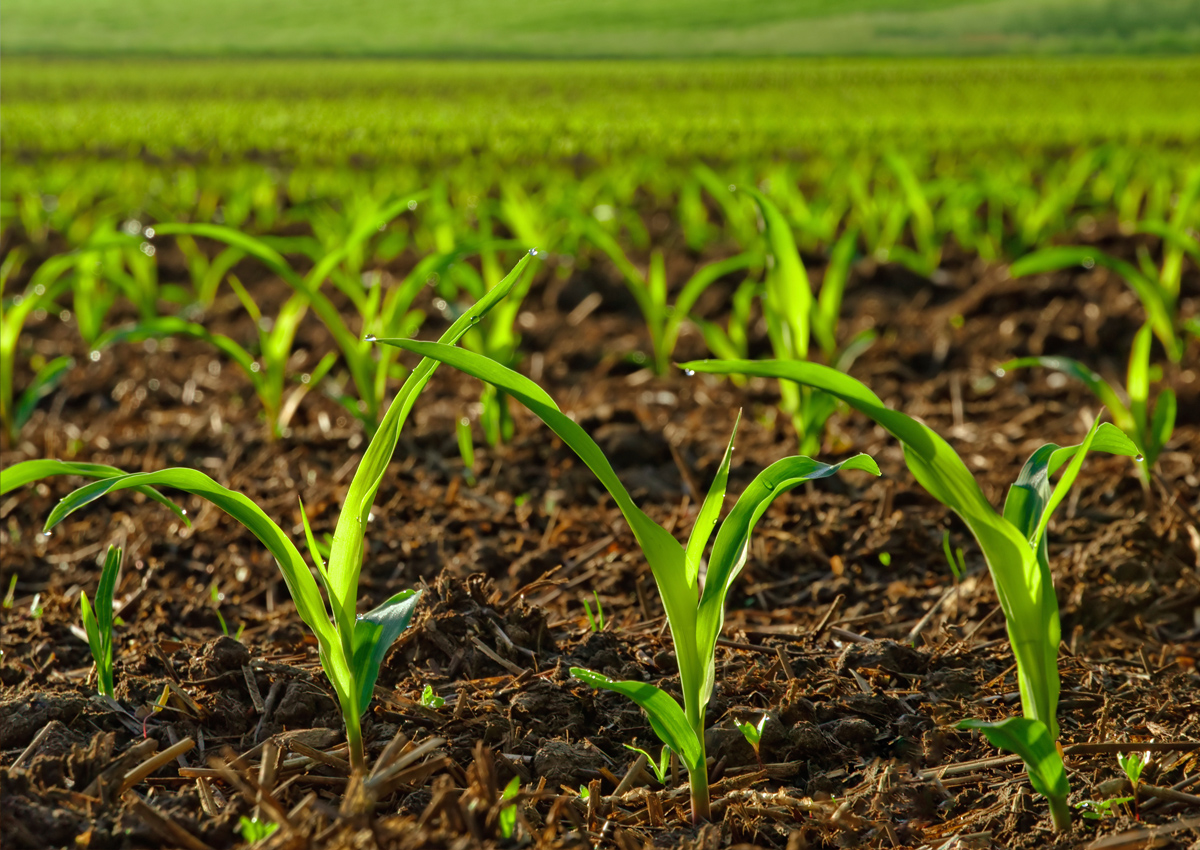Boost Your Garden with Organic Fertilizers for Sustainable Growth

Boost Your Garden with Organic Fertilizers for Sustainable Growth
Gardening enthusiasts are continually exploring methods to foster plant health in harmony with nature. Among the most effective and sustainable practices is the use of organic fertilizers. These natural alternatives to chemical fertilizers not only promote robust plant growth but also contribute to the overall well-being of our ecosystems. This article delves into the realm of organic fertilizers, uncovering their benefits, various types, and optimal application techniques to enhance sustainable gardening practices.
Understanding Organic Fertilizers
What Are Organic Fertilizers? Organic fertilizers are natural substances sourced from plants, animals, or minerals that deliver essential nutrients to plants. Unlike their chemical counterparts, these fertilizers are free from synthetic additives, aiming to emulate the natural processes of nutrient cycling and decomposition found in healthy soil ecosystems.
Benefits of Organic Fertilizers
Why Choose Organic Fertilizers? Organic fertilizers offer a multitude of advantages over chemical alternatives:
- Natural and Sustainable: Derived from natural sources, organic fertilizers support sustainable gardening practices.
- Improved Soil Health: They enhance soil structure, increase water retention, and nurture beneficial microorganisms.
- Enhanced Plant Health: Organic fertilizers provide a balanced nutrient profile that fosters vigorous plant growth, reducing the risk of nutrient deficiencies and diseases.
- Chemical-Free Gardening: They leave no harmful residues, ensuring a safe environment for humans and wildlife alike.
Types of Organic Fertilizers
A Variety of Options Several types of organic fertilizers cater to diverse gardening needs:
- Compost: Made from decomposed organic matter like food scraps and yard waste.
- Manure: Animal-based fertilizers such as cow or chicken manure.
- Blood Meal: A nitrogen-rich fertilizer derived from animal blood.
- Fish Emulsion: Liquid fertilizer from fish waste, rich in nitrogen, phosphorus, and potassium.
- Seaweed Extract: Nutrient-packed fertilizer sourced from seaweed.
Application Methods
How to Use Organic Fertilizers Proper application techniques are critical for maximizing fertilizer benefits:
- Timing: Apply during the growing season or post-planting for optimal results.
- Dilution: Mix with water to achieve desired concentrations.
- Application Techniques: Use spreaders or watering cans to evenly distribute across soil surfaces.
- Composting: Create nutrient-dense compost from organic waste for sustainable gardening practices.
Composting: A Key to Sustainable Gardening
The Power of Composting Composting plays a pivotal role in sustainable gardening by transforming organic matter into nutrient-rich soil additives. Its benefits include:
- Reduced Waste: Minimizes landfill contributions by recycling organic materials.
- Enhanced Soil Structure: Improves soil aeration and moisture retention.
- Plant Nutrition: Provides essential nutrients for robust plant growth.
Plant Nutrition: The Foundation of Healthy Growth
Understanding Plant Nutrition Essential nutrients crucial for plant vitality include nitrogen, phosphorus, potassium, and vital micronutrients. These elements support functions like leaf growth, root development, and stress tolerance, ensuring plants thrive in optimal conditions.
Eco-Friendly Gardening Practices
Sustainable Gardening Tips Implementing eco-conscious strategies fosters sustainable gardening practices:
- Water Conservation: Utilize drought-resistant plants and efficient irrigation systems.
- Mulching: Cover soil surfaces with organic matter to retain moisture and suppress weed growth.
- Integrated Pest Management: Employ natural predators and biological controls to manage pests effectively.
- Recycling: Utilize recycled materials for garden tools and planters.
Conclusion
In conclusion, organic fertilizers represent a cornerstone of sustainable gardening practices. By opting for natural, eco-friendly solutions, gardeners can bolster plant health, fortify soil vitality, and promote overall ecosystem well-being. Through diligent application methods and adherence to eco-friendly principles, gardeners can cultivate flourishing, sustainable gardens that benefit both nature and plants alike.
FAQs (Frequently Asked Questions)
What are the benefits of using organic fertilizers? Organic fertilizers provide a balanced nutrient mix, improve soil health, and nurture beneficial microorganisms, all while supporting natural and sustainable gardening practices.
How do I choose the right organic fertilizer for my garden? Consider your plant's specific needs and soil type. Consulting with local gardening experts or conducting online research can help identify the best organic fertilizer for your garden.
Can I make my own organic fertilizer? Yes, you can create organic fertilizer by composting organic waste materials. This approach is cost-effective and sustainable, providing essential nutrients for your plants.
How often should I apply organic fertilizers? Apply organic fertilizers during the growing season or after planting, following product label instructions for precise application rates and frequencies.
Are organic fertilizers safe for my family and pets? Yes, organic fertilizers are safe as they do not contain synthetic chemicals or additives that can harm humans or wildlife.
For more insights on organic fertilizers and sustainable gardening practices, visit Roda's Organic Life.
0 Response to " Boost Your Garden with Organic Fertilizers for Sustainable Growth"
Post a Comment